All posts in Global Supply Chains/Global Trade
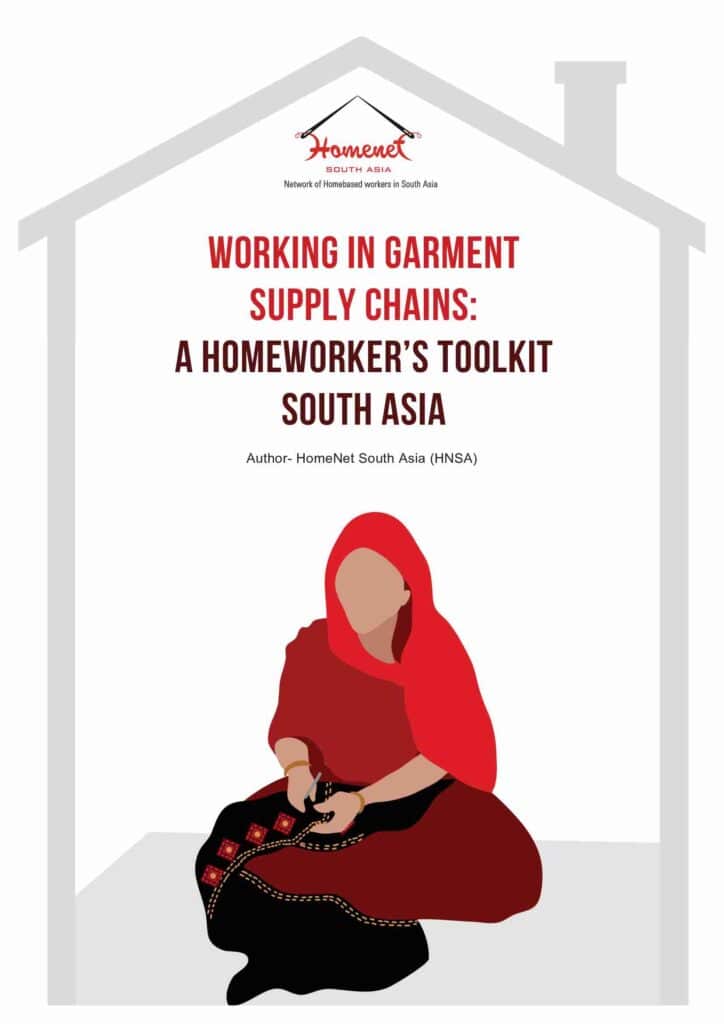 Toolkits and Guides
Toolkits and GuidesWorking in Garment Supply Chains: A Homeworker’s Toolkit (low-res)
The Working in Garment Supply Chains: A Homeworker’s Toolkit was developed in response to a demand by HNSA’s membership. It aims to offer...
Read More.jpg) NewsGlobal Supply Chains/Global Trade September 03, 2020
NewsGlobal Supply Chains/Global Trade September 03, 2020WIEGO Law Programme Director discusses responsible business conduct for the protection of children’s rights
Marlese Von Broembsen, Director of WIEGO’s Law Programme, participated in a moderated virtual discussion on strengthening EU policy measures...
Read More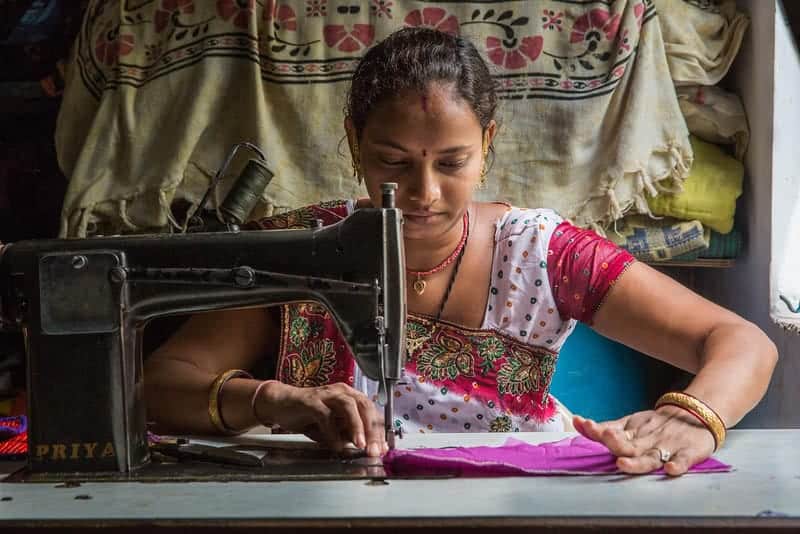 NewsCOVID-19 Crisis Study September 02, 2020
NewsCOVID-19 Crisis Study September 02, 2020Women who work from home ‘shrouded in a cloak of invisibility’
“When we think of work-from-home, let us enable and promote better living and working conditions not just for the elite, but also for the...
Read More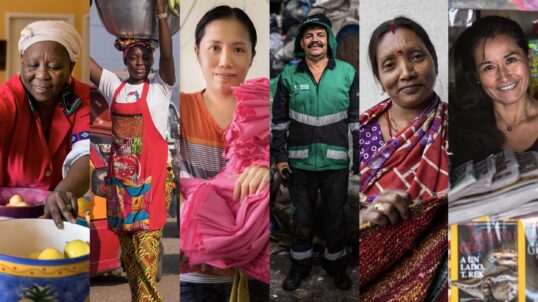 Impact Story
Impact StoryHome-based workers in Bulgaria: Using the ILO Reporting Mechanism to Work
In Bulgaria, the Trade Union of Self-employed and Informal Workers (UNITY) has made significant gains advocating for homeworkers’ labour...
Read More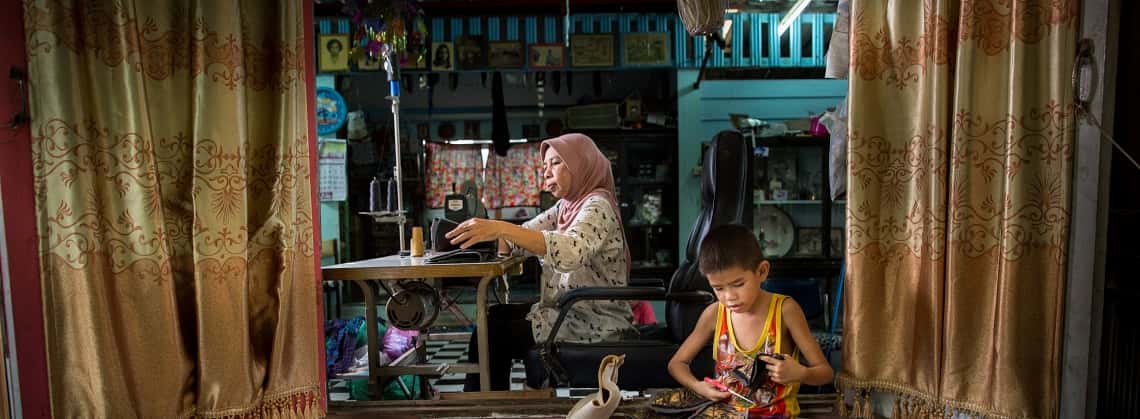 PostCOVID-19 Crisis Study May 06, 2020
PostCOVID-19 Crisis Study May 06, 2020Les travailleuse·eur·s les plus vulnérables de l’industrie du vêtement ne sont pas dans les usines : Les marques mondiales doivent les protéger
Les travailleuse·eur·s au bas de la chaîne d’approvisionnement du vêtement – des travailleuses sous-traitantes à domicile, notamment des...
Read More PostCOVID-19 Crisis Study April 27, 2020
PostCOVID-19 Crisis Study April 27, 2020Las personas trabajadoras textiles más vulnerables no trabajan en fábricas: Las marcas mundiales deberían protegerlas
Las personas trabajadoras en la parte inferior de la cadena de suministro textil (trabajadoras subcontratadas, en su mayoría mujeres, que...
Read More PostCOVID-19 Crisis Study April 21, 2020
PostCOVID-19 Crisis Study April 21, 2020The world’s most vulnerable garment workers aren’t in factories – and global brands need to step up to protect them
Workers at the bottom of the garment supply chain — subcontracted homeworkers, mostly women, who stitch from homes for some of the leading...
Read More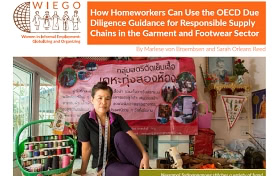 Toolkits and Guides
Toolkits and GuidesHow Homeworkers Can Use the OECD Due Diligence Guidance for Responsible Supply Chains in the Garment and Footwear Sector
This guide explains the OECD Guidelines for Multi-National Enterprises (MNEs), the MNEs’ responsibilities to workers in their supply chains;...
Read More Project
ProjectHomeworkers Organizing for Economic Empowerment
From 2019-2022, the Home-based Workers Organizing for Economic Empowerment Project will help homeworkers who belong to membership-based worker...
Read More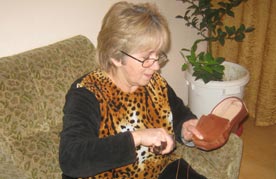 Working Papers
Working PapersThe European Union’s Commodification of Bulgarian Homeworkers: Regulating Informal Labour in Global Production Networks
This paper interrogates the potential of contemporary international law instruments to realize decent work for homeworkers. It grounds the...
Read More